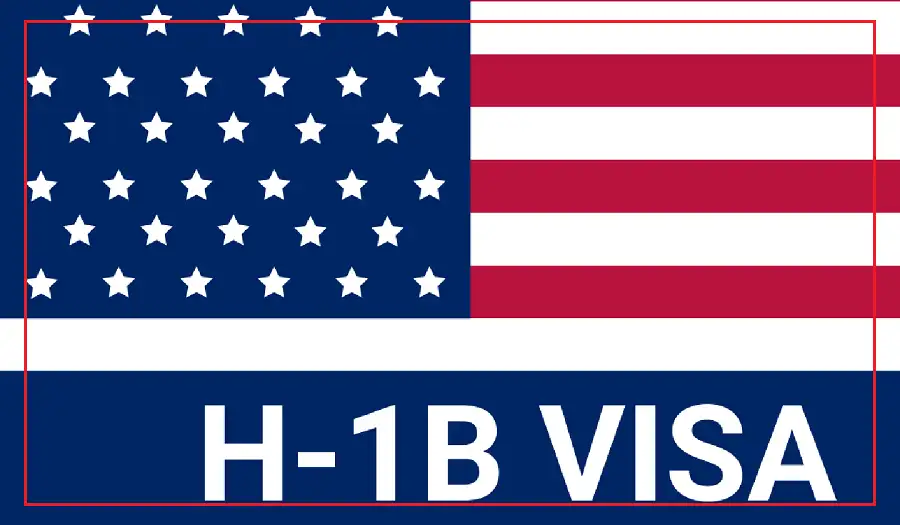Washington:
In a significant policy change, the U.S. Department of State has ended the Interview Waiver Program (also known as the Dropbox facility) effective September 2, 2025.
This means that most non-immigrant visa applicants — including those applying for H-1B, L1, and F1 visas — must now attend in-person interviews at U.S. embassies or consulates.
What Was the Dropbox Facility?
The Dropbox programme allowed eligible visa holders to renew their visas by simply submitting their documents at a designated centre, skipping the need for an in-person interview.
For thousands of Indian tech professionals, this led to faster processing times and fewer travel-related delays.
Now that it’s withdrawn, applicants may face longer wait times, travel disruptions, and the risk of losing work authorisation if they are unable to return to the U.S. on time.
Who Still Qualifies for Interview Waivers?
Although the programme is mostly discontinued, a few categories still remain eligible for waivers:
Diplomatic and official visa holders: A-1, A-2, C-3 (excluding attendants), G-1 to G-4, and NATO categories.
Applicants renewing B-1, B-2, or B1/B2 visas within 12 months of expiry, provided they were at least 18 years old when their last visa was issued.
However, for most employment-based visas, such as H-1B and L1, in-person interviews will now be mandatory.
Impact on Indian Tech Workers
Indians are the largest recipients of H-1B visas, accounting for 77% in 2022 and 72.3% in 2023. The removal of the Dropbox option is expected to cause:
Major appointment delays at U.S. consulates in India.
Higher risk of job loss if workers are unable to return in time and lose their work authorisation.
Increased expenses for both workers and companies due to extended stays abroad.
Experts say visa processing that once took a few weeks with the Dropbox may now take months, putting a strain on U.S. companies—especially those in Silicon Valley that rely heavily on Indian talent.
Expert Opinions
Bill Hing, professor at the University of San Francisco, said the policy “will cause delays and could be expensive, as workers stuck abroad may miss work.”
Kelli Duehning, immigration attorney, warned that wait times in India could become “very, very long,” which could put jobs at risk.
Experts strongly recommend that applicants plan early and submit complete documentation to avoid additional delays.
























